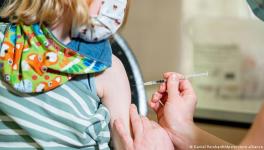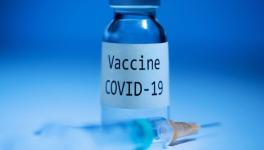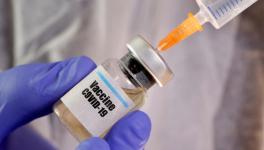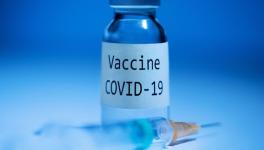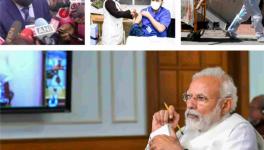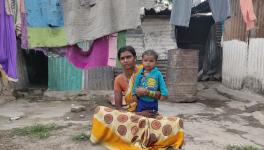High Income Countries Have Least Confidence in Vaccination, Says Wellcome Global Monitor Report
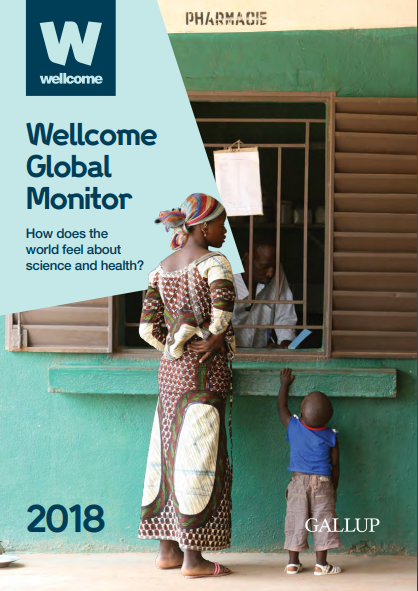
The UK-based research charity, Wellcome Trust has come out with its Global report about people’s attitude towards science and major health challenges. The survey was conducted in more than 140 countries and includes over 140,000 people. The report presents an unprecedented view of the relationship between science and society worldwide.
Regarding the health services, the survey finds that 73% people worldwide would trust a nurse or a doctor for health advice and health services. Across the world, people having the least confidence in hospitals and health care systems are those having the lowest household incomes.
But one of the interesting findings of the survey is that people in Western Europe have the lowest levels of confidence in vaccines worldwide. More than one fifth, almost 22% of the people surveyed in Western Europe disagreed that vaccines are safe, while in Eastern Europe, 17% believed that vaccines are not effective.
France happens to be the country to have highest number of people that distrust vaccines. One third of French population surveyed disagreed that vaccines are a safe means of eradication of diseases. Almost 55% of the French population believed that science and technology will reduce the number of jobs.
The survey includes countries that have sophisticated immunisation programmes like the United States, as well as several countries where outbreaks of vaccine preventable diseases have taken place, like the Phillipines and Brazil.
Reasons for Lack of Trust on Vaccines
False information about the dangers of vaccination is thought to be the main contributor, which mainly comes as parental concern.
Wellcome’s head of public engagement said in a press statement—“People's beliefs about science are deeply influenced by their culture, context and background. We need to care more about these connections if we want everyone to benefit from science.”
The survey shockingly revealed that people belonging to high income countries have the lowest level of confidence in vaccines. This, according to Khan, is attributable to the ‘complacency effect’. “If you look at those countries in our survey which have very high rates of confidence in vaccines, places like Bangladesh and Egypt, these are areas where you do have more infectious diseases"—Khan said in a media statement to AFP News.
Bangladesh and Rwanda showed the highest level of confidence in vaccines, where almost 100% of the population in both the countries agreed that vaccines are safe, effective and essential for children.
In developed countries, people are likely to have very less chance of getting affected by certain infectious diseases and when they do get infected, they are more likely to get treated effectively by their advanced healthcare system. But countries like Bangladesh, where the chance of getting infectious disease is very high and healthcare system is not upto the mark, people could easily see the usefulness of vaccination.
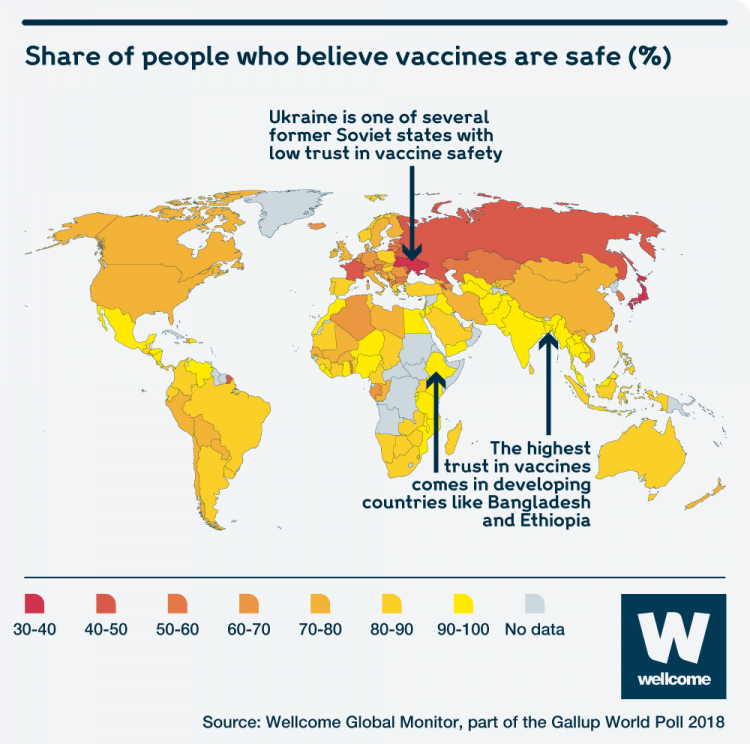
Despite the scepticism, the overall trust in vaccines are high, with 81% of the people surveyed believing that vaccines are safe and 92% parents declaring that their children have been vaccinated.
Wellcome’s head of vaccines, Charlie Weller said— “To ensure society gets the full benefit of vaccines, we need to make sure that people have confidence in both the safety and effectiveness of vaccines and understand more about the complex reasons why this is not always the case.”
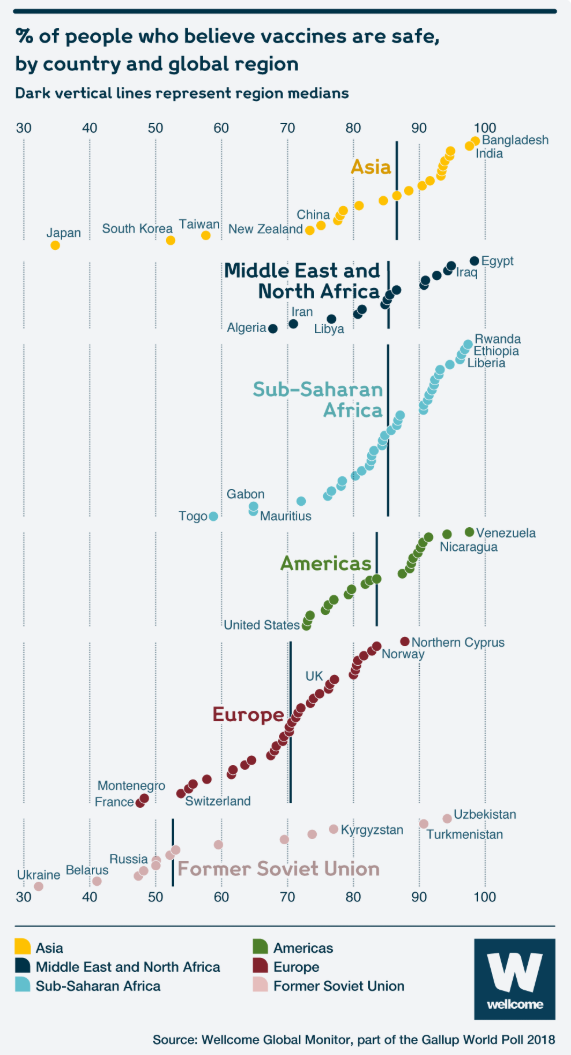
People’s Attitude Towards Science
Regarding the belief of people on scientists, the survey found that overall 72% people worldwide trust scientists. But 57% said that they don’t know much anything about science.
The gender gap in knowledge about science also showed up in the survey. Globally, 49% of men said that they know something or a lot about science, while only 38% of women have been found to say so. Men are also more likely to claim greater knowledge of science than women. This gender gap exists despite men and women reported to have equal levels of science attainment.
Get the latest reports & analysis with people's perspective on Protests, movements & deep analytical videos, discussions of the current affairs in your Telegram app. Subscribe to NewsClick's Telegram channel & get Real-Time updates on stories, as they get published on our website.









